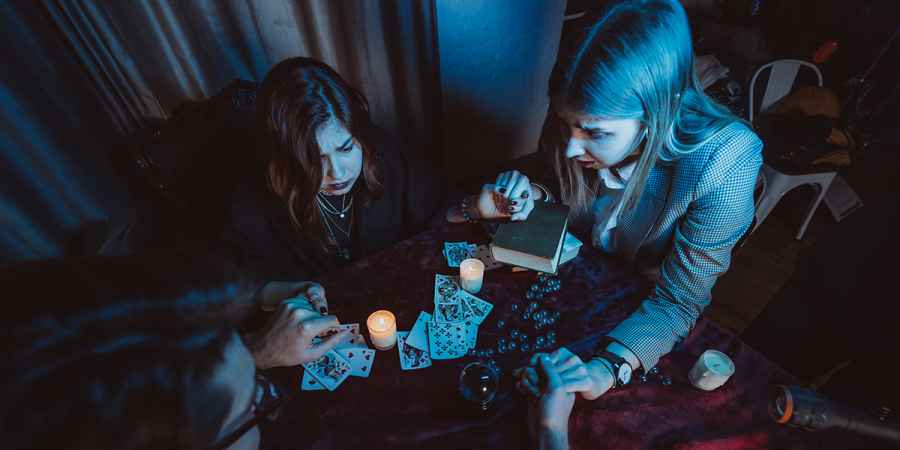

Over the years, we've defined countless terms and jargon in the world of ghost hunting and paranormal investigations. From psychokinesis to psychometry, and from poltergeists to demons. However, perhaps the most challenging word to define is the term "paranormal" itself. Describing what it refers to is straightforward enough, but pinning down what constitutes the paranormal varies depending upon individual beliefs and over time, as attitudes change, the paranormal becomes normal.
Historically, many phenomena once considered paranormal have become accepted as part of the natural world through scientific discovery. For example, meteors were once thought to be supernatural omens, but are now understood as natural celestial events. Similarly, certain psychological and neurological conditions were once attributed to demonic possession or witchcraft, but are now recognised and treated within the medical field.
In its most basic form, the term "paranormal" is used to describe events or phenomena that fall outside the range of normal scientific understanding. It comes from the Greek word 'para,' meaning 'beyond,' and 'normal,' referring to what is typical or standard. So, in essence, paranormal means beyond the normal.
The term is similar to "preternatural," which originates from Latin and translates as 'outside, beside, or beyond' the natural. Preternatural refers to rare or extraordinary events that are beyond normal experience but do not break natural laws. Examples include unusual animal behaviour or extraordinary human abilities. Rare or extraordinary events that do break natural laws are referred to as "supernatural," these events often involve phenomena linked to religious or spiritual beliefs.
The term "paranormal" covers a broad range of phenomena, including perhaps the most recognised aspect of the paranormal, ghosts and hauntings. Ghosts are believed to be the spirits of deceased individuals who have not moved on to the afterlife. Hauntings typically involve these spirits interacting with the living world, often in specific locations known as haunted places. Hauntings might also involve a poltergeist, a type of ghost often linked to a particular person, usually a young adolescent, rather than a specific location, that is known for causing physical disturbances.
Another popular aspect of the paranormal is cryptids, creatures whose existence is based on anecdotal evidence and folklore rather than scientific proof. This field of study is known as cryptozoology. Some of the most famous cryptids include Bigfoot, the Loch Ness Monster, and the Chupacabra.
Another significant part of the paranormal world, which have been making headlines around the world for decades, are UFOs (Unidentified Flying Objects) and aliens. UFO sightings often involve strange lights or objects in the sky that cannot be explained by conventional aircraft or natural phenomena. Believers in alien encounters report abductions, crop circles, and sightings or interactions with extraterrestrial beings.
Extrasensory Perception (ESP) and psychic abilities are forms of paranormal phenomena that involve perceiving information beyond the normal senses. Psychics claim to use these abilities, including clairvoyance, precognition, and telepathy, to communicate with the dead, predict future events, or read people's minds.
If you've ever flicked through an issue of 'Unexplained Magazine', then you'll know that there are numerous other phenomena that do not fit neatly into the above categories but are still considered paranormal. Phenomena such as spontaneous human combustion,
time slips and even mysterious disappearances, where individuals vanish under circumstances that defy logical explanation.
As interest in the paranormal grows and more people report experiencing unexplained phenomena, is it possible that the paranormal might become normal? As more people share their paranormal experiences and as media representations of the paranormal become commonplace, societal attitudes may shift. Television shows, movies, and online platforms dedicated to paranormal investigations contribute to normalising these experiences.
A prime example of this shift is the increasing acceptance of UFOs, now often referred to as Unidentified Aerial Phenomena (UAPs). In recent years, the establishment of the Unidentified Aerial Phenomena Task Force and the subsequent release of formerly classified military videos of UAPs have brought these phenomena into the mainstream. What was once dismissed as the realm of conspiracy theorists is now taken seriously by governments and scientific communities.
The normalisation of UFOs demonstrates that with enough evidence and mainstream attention, what we now consider paranormal can become part of the accepted understanding of our world. This trend is not limited to UFOs. Ghosts and other forms of paranormal phenomena could follow a similar path.
Ghosts, for instance, have long been a subject of folklore and personal testimonies. With the growing number of people sharing their experiences and the increasing portrayal of ghostly encounters in the media, societal attitudes towards ghosts could change. As these experiences become more widespread and openly discussed, the collective perception of ghosts may shift from skepticism to a more open-minded consideration.
Belief in the paranormal varies widely among individuals. Skeptics argue that many paranormal experiences can be explained by psychological factors, environmental influences, or simple misinterpretations of normal events. On the other hand, believers often cite personal experiences or anecdotal evidence as proof of the paranormal.
The debate between skeptics and believers is ongoing, with neither side able to conclusively prove or disprove the existence of paranormal phenomena. This uncertainty is part of what makes the study of the paranormal so intriguing for many people.
More Essential Parapsychology
See All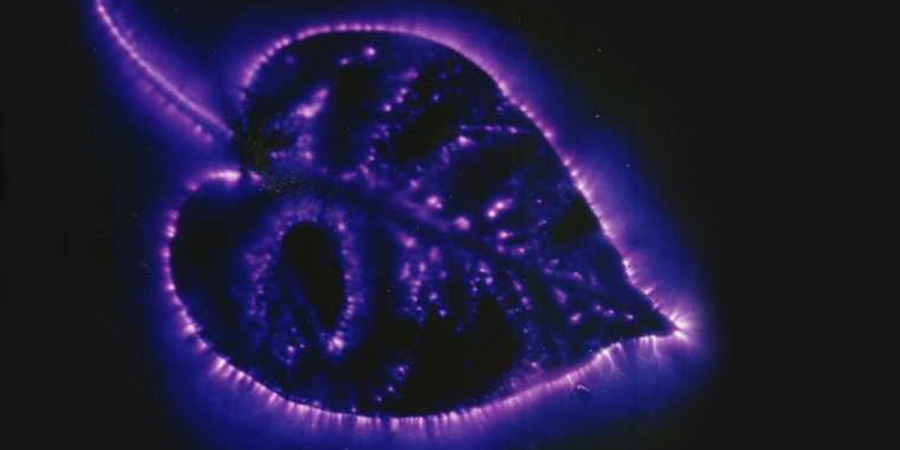
ArrayOctober 11, 2024
The Reality Behind Kirlian Photography’s Glowing Auras
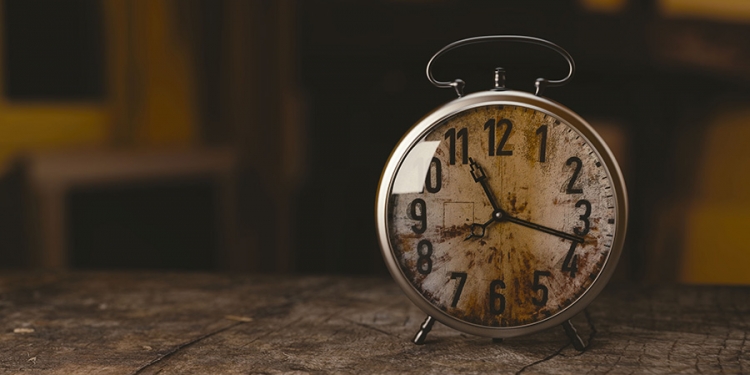
ArrayOctober 07, 2024
Could Retroactive Psychokinesis Allow Us To Influence The Past?

ArrayOctober 05, 2024
What Spontaneous Cases Are & Why Parapsychologists Research Them
Learn With Higgypop
Hosted by Paralearning in association with Higgypop, these courses on ghost hunting, paranormal investigations, and occult practices draw on the experience of our team of paranormal writers.
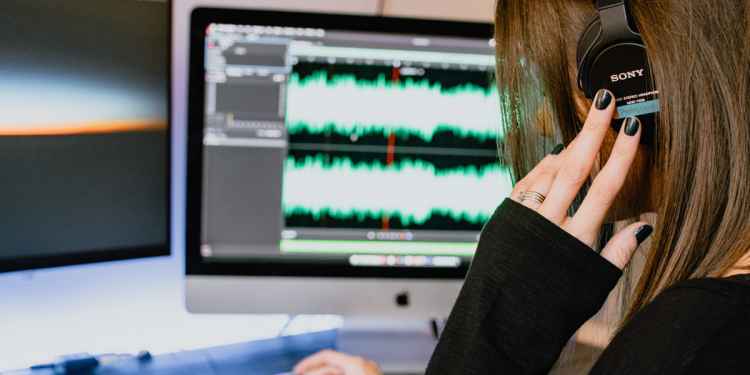
Diploma In Capturing & Analyzing Electronic Voice Phenomenon
This course gives you practical and useful knowledge of ghost hunting and paranormal research, which is invaluable when conducting your own paranormal investigations or as part of a group event.
View Course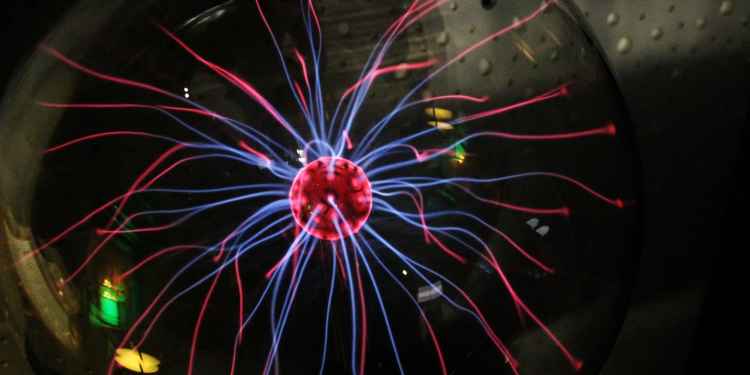
Diploma In Advanced Scientific Theory For Paranormal Investigators
This course gives you practical and useful knowledge of ghost hunting and paranormal research, which is invaluable when conducting your own paranormal investigations or as part of a group event.
View CourseMore Like This
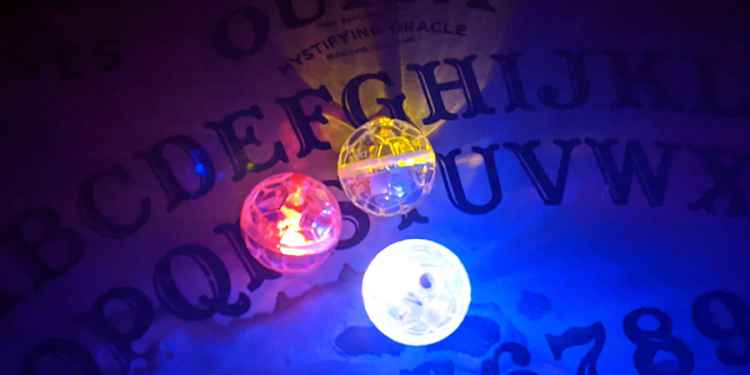
Ghost HuntingJanuary 26, 2025
These Are The Ghost Hunting Gadgets You Should Avoid If You Want To Be Taken Seriously As An Investigator
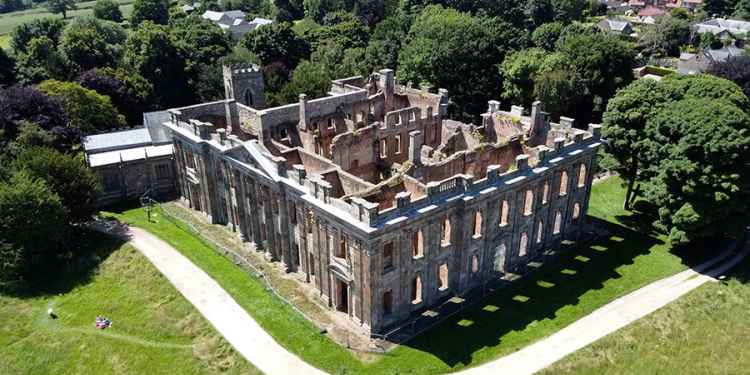
Haunted BritainDecember 25, 2024
2024's Most Popular Paranormal Hotspots In The UK
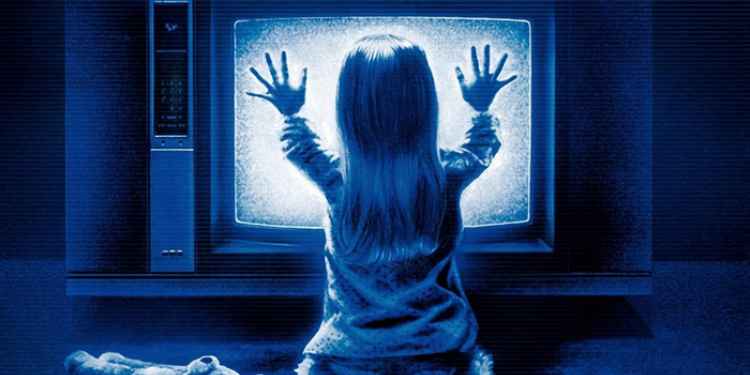
GamesDecember 09, 2024
Poltergeist Quiz
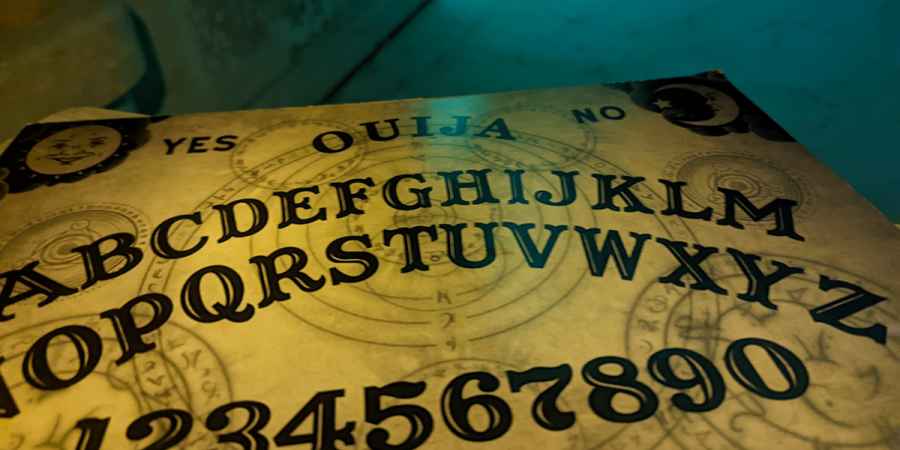
GamesDecember 08, 2024
Ouija Board Trivia Challenge
 See More on Audible
See More on Audible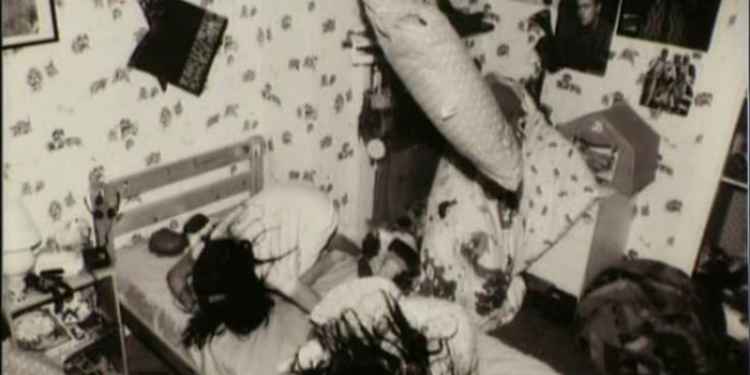

Comments
Want To Join The Conversation?
Sign in or create an account to leave a comment.
Sign In
Create Account
Account Settings
Be the first to comment.